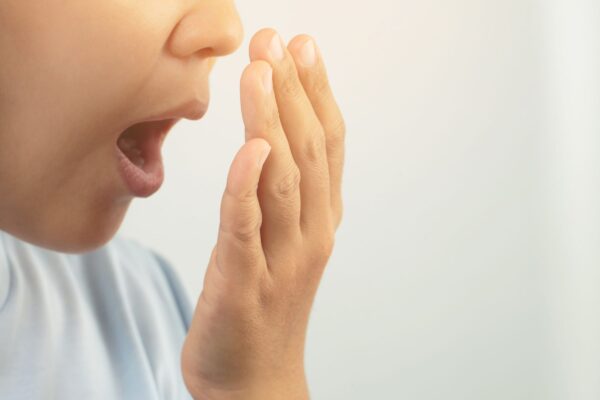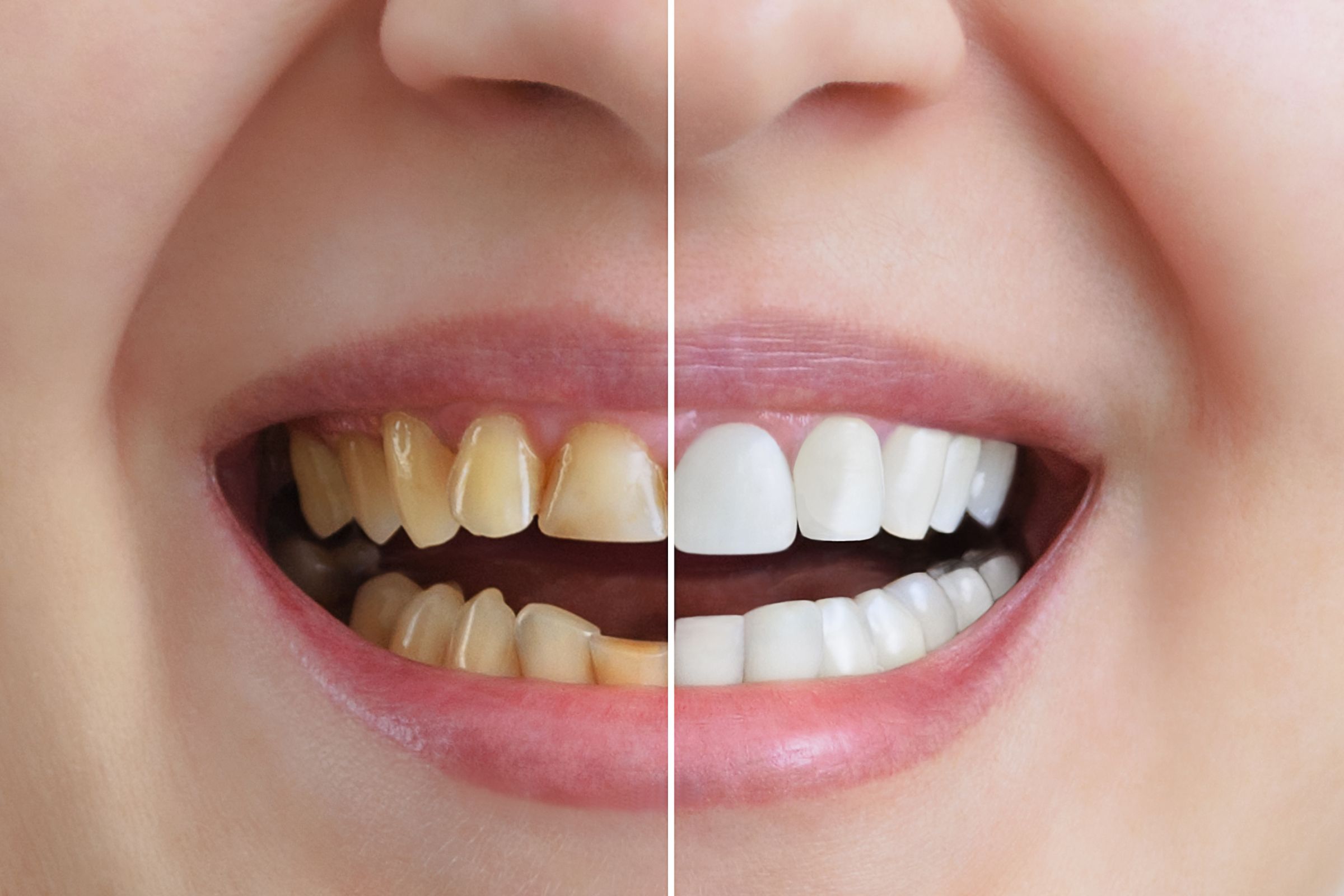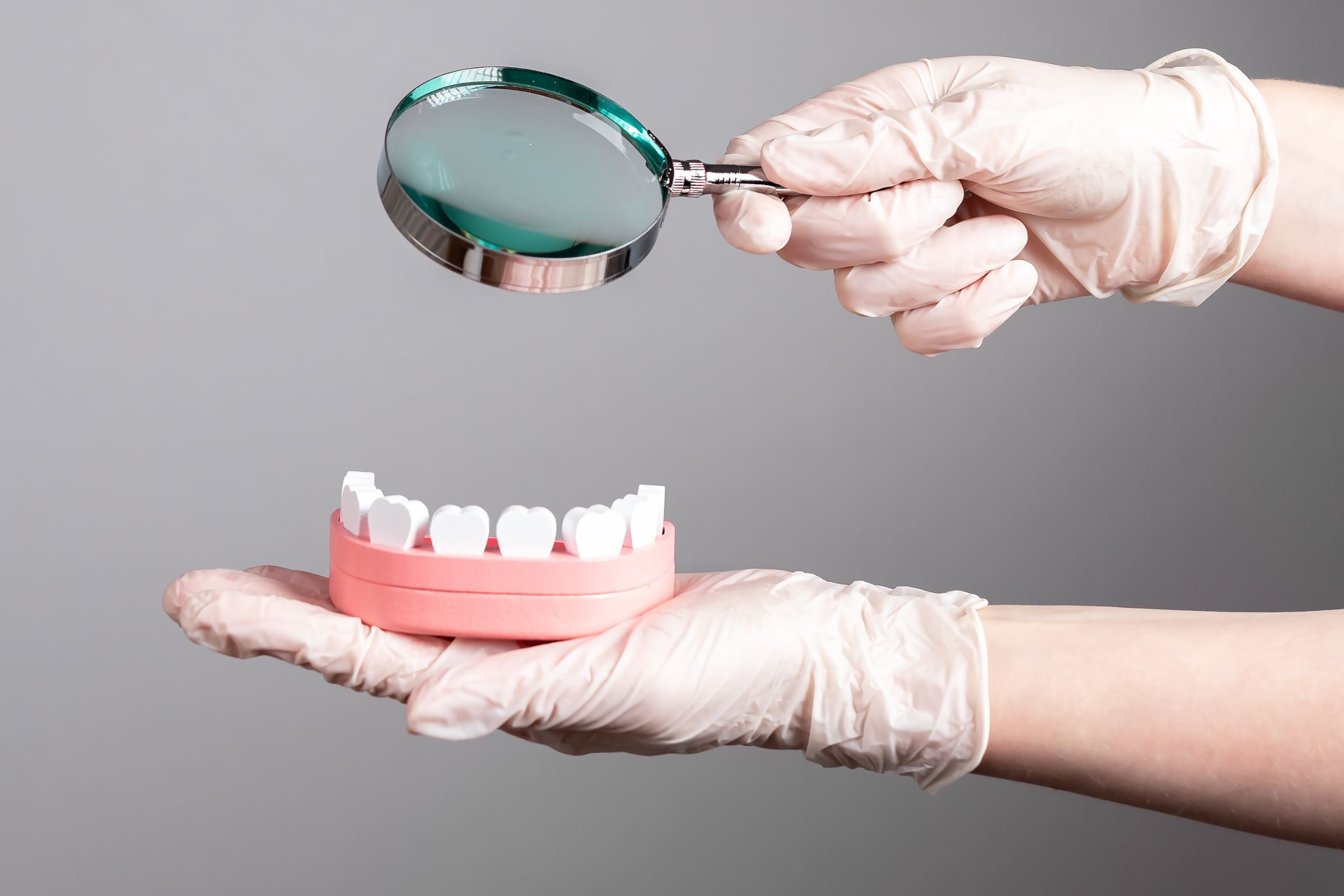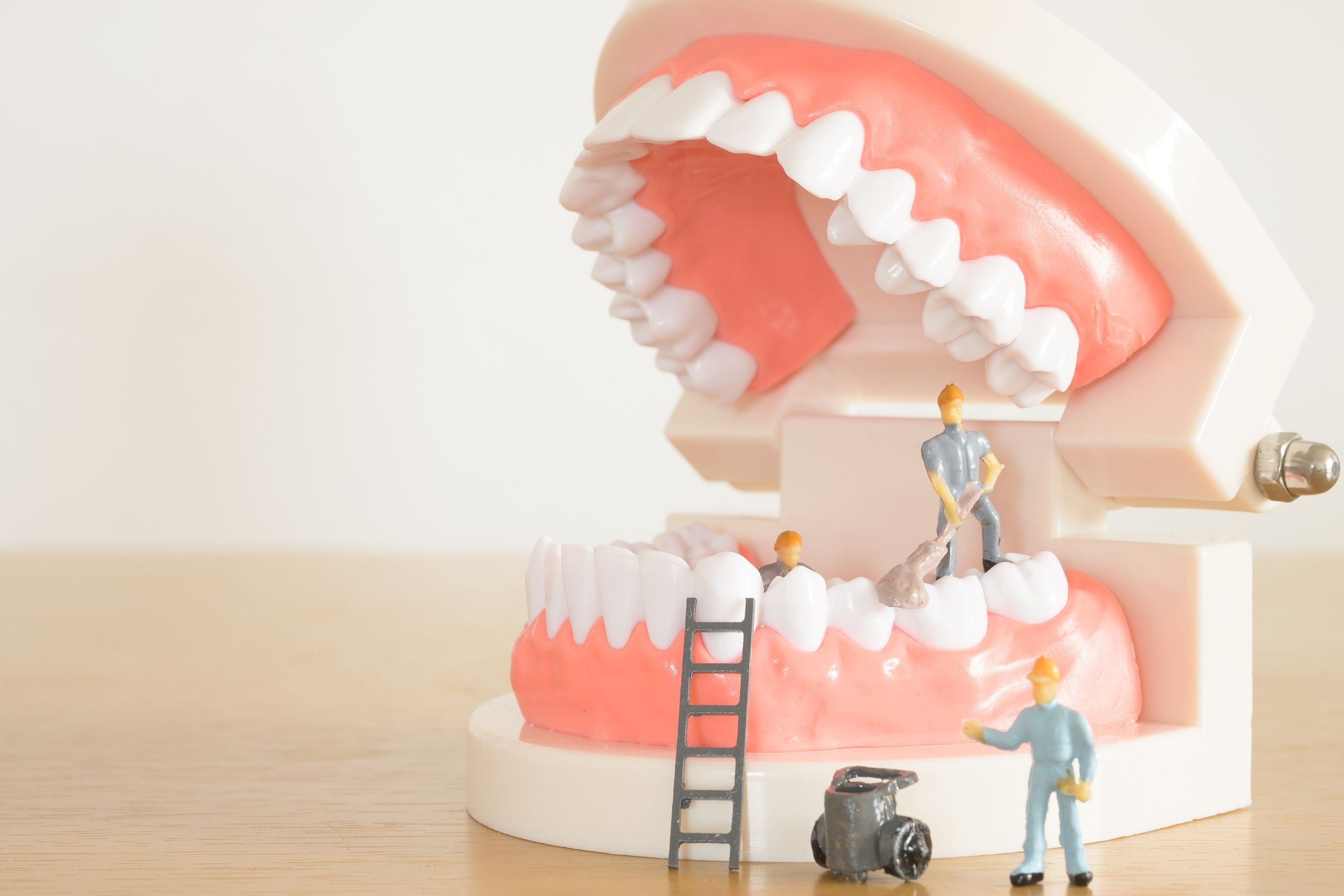When considering teeth whitening, it is important to understand the potential benefits and drawbacks. One…

Surprising Causes of Bad Breath
Maintaining good oral hygiene is crucial in eliminating bad breath and ensuring fresh and pleasant breath throughout the day. Although many people perceive bad breath to be solely a result of poor dental care, surprising causes can also contribute to this issue.
Recognizing the various external influences on bad breath is essential, as it emphasizes the need for a comprehensive approach to oral hygiene. While regular dental care certainly plays a significant role, it is equally important to be aware of our dietary choices, avoid smoking, and address any underlying medical conditions. By doing so, we can effectively combat bad breath and enjoy a confident and fresh mouth throughout the day.
Poor Oral Hygiene can Cause Bad Breath
Poor oral hygiene is often the main culprit behind bad breath, but there are several other factors that can contribute to this unpleasant condition. One of these factors is the presence of food particles that become trapped in between teeth. When these particles are not effectively removed through proper oral hygiene practices such as brushing and flossing, they can lead to bacterial buildup. This bacterial accumulation can cause an unpleasant odor in the mouth.
Certain types of foods, such as garlic and onions, are notorious for causing bad breath. These foods contain volatile compounds that are released during digestion and are then carried to the lungs, resulting in an unpleasant smell when exhaling. Additionally, the breakdown of food particles in the mouth can provide an ideal environment for bacteria to thrive, leading to further bad breath.
Regular dental checkups are crucial in addressing and preventing bad breath. A dental professional can identify potential oral health issues that may be contributing to the problem, such as cavities, gum disease, or mouth infections. They can also provide a thorough cleaning to remove any plaque or tartar buildup that may be causing bad breath.
Bad Breath can be caused by Alcohol
Alcohol consumption has been linked to various health issues, and one of the lesser-known consequences is its impact on bad breath. This unpleasant odor can be a result of the direct effect of alcohol on the digestive system. When alcohol is ingested, it bypasses the normal digestion process and is rapidly absorbed into the bloodstream.
The harmful substances present in alcohol can cause damage to internal organs, such as the esophagus. The esophagus is the tube connecting the throat to the stomach, and excessive alcohol consumption can result in inflammation and irritation of its lining. This irritation can lead to an increase in the production of volatile sulfur compounds, which are responsible for the foul smell associated with bad breath.
Moreover, alcohol can induce retching and burping in some individuals. These actions can cause the contents of the stomach, including the acids and chemicals, to reflux into the esophagus. The reflux of these substances can contribute to the development of halitosis, or bad breath.
Skipping Breakfast May Cause Bad Breath
Skipping breakfast may cause bad breath due to the decrease in saliva flow and the introduction of compounds that cause dryness and bad breath. When we sleep, our bodies naturally produce less saliva, resulting in dryness in our mouths. However, when we eat breakfast, the act of chewing and swallowing stimulates saliva production, helping to wash away bacteria and food particles that can contribute to bad breath.
Additionally, skipping breakfast means that we are depriving our bodies of essential nutrients and energy needed to function properly. This can lead to a slower digestive system, causing food to stay in the stomach for longer periods of time. As a result, the food particles begin to break down and release compounds that can produce foul odors.
Breakfast is vital for regenerating saliva and keeping our mouths and digestive systems clean. The act of eating, especially foods that require chewing, helps to stimulate saliva production. Saliva not only helps to moisten the mouth but also contains enzymes that aid in digestion. By skipping breakfast, we are depriving ourselves of this natural cleansing process.
When choosing breakfast options, it is important to include tooth-cleansing foods such as fresh fruit and nuts. These foods naturally help to freshen breath by increasing saliva production and acting as mild abrasives to remove plaque and bacteria from the teeth. Fresh fruits like apples and strawberries also contain natural enzymes that can help break down food particles and maintain oral hygiene throughout the day.


